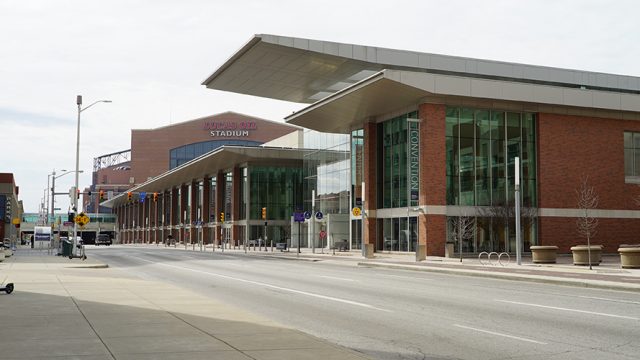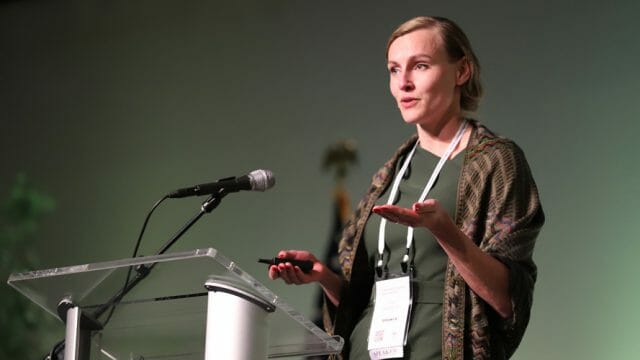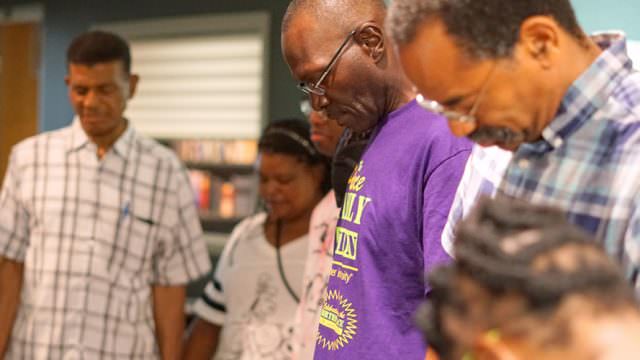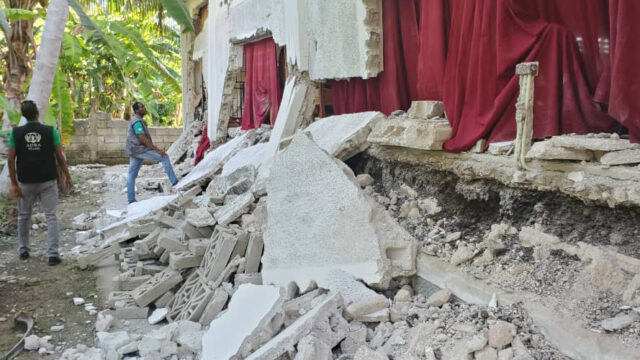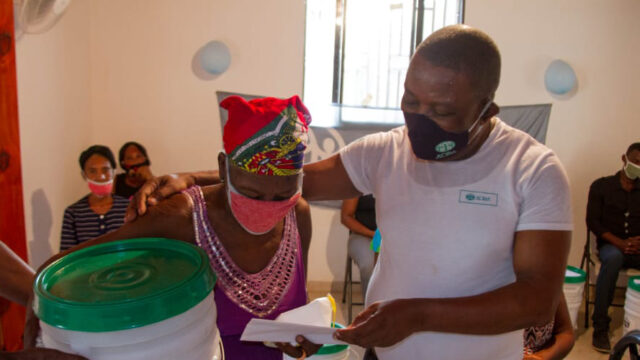Leaders share challenges, accomplishments, and dreams.
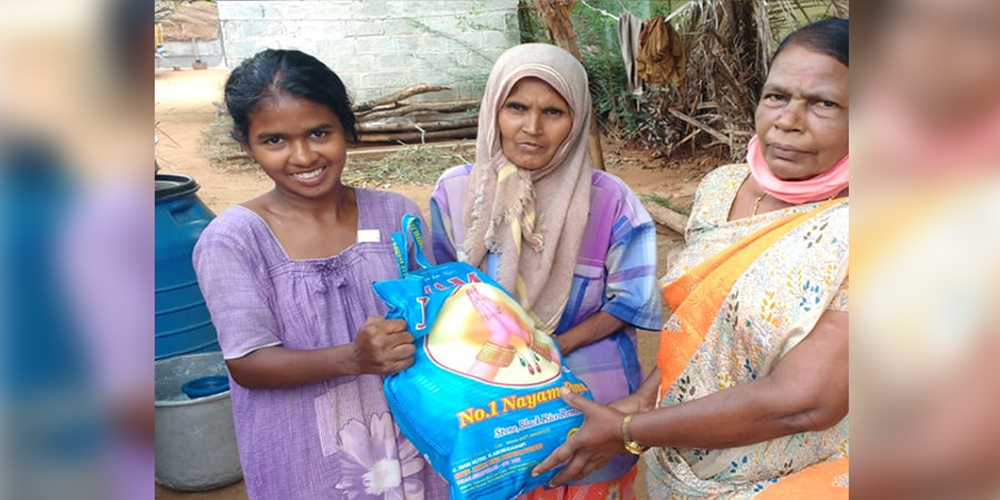
Since women’s ministries became a department of the Seventh-day Adventist Church in 1990, its leaders at the church headquarters in Silver Spring, Maryland, United States, have identified six critical areas that affect women worldwide.
Those areas are illiteracy, poverty, health threats, workload, abuse and domestic violence, and lack of training or education. Embracing Christ’s method of reaching hurting people, Adventist women’s leaders say they have chosen to focus their energies and resources on bringing attention and providing relief to these challenges.
Heather-Dawn Small, director of women’s ministries for the Adventist Church, and Raquel Arrais, associate director, are aware of the United Nations Committee on the Status of Women (UNCSW). Its annual conference in New York is an event that helps them stay up to date regarding worldwide efforts to support women by tackling the six critical challenges women face. It is vital, Small says, that we “stay knowledgeable on all six of these issues and then share the information with our [regional] women’s ministries directors.”
The Challenge at Hand
“Poverty is a critical issue impacting millions of women,” Arrais explains. “Though we may think women’s lot has improved, today poverty locks countless numbers of our sisters in hopelessness.”
According to experts in the field, this issue can be attributed to several factors: global economic deterioration; families transitioning from rural to urban areas because poor soil quality has affected crop production; local conflict resulting in refugee movements, most of them women and children; gender discrimination; and widespread female heads of household. The current COVID-19 crisis has only made things worse.
What Women Ministries Is Doing
Through the years, multiple organizations have implemented programs and initiatives to reduce female poverty. They include investing in and improving livestock management for poor rural women; giving micro-loans and financial services to women who don’t have access to a banking system; and increasing women’s access to land ownership so they can “use the land to produce food or generate income, or as collateral for credit.”*
Adventist Women’s Ministries leaders around the world are taking up the challenge to improve the lives of poverty-stricken women in their region. Debbie Maloba, women’s ministries director for the East-Central Africa Division of the Adventist Church, shares what is happening in her territory:
“Adventist women are reaching out to thousands of people who are in need — people who are hungry, in prisons, or families touched by flood situations in our territory. [Not only] are they providing food, water, clothes, kitchen items, but they are also distributing masks and sanitizers in the community and children’s homes.
“They have transformed their offices to stores where they keep their contributions ready for distribution. They are also promoting and observing social distancing and wearing masks while reaching out to people.
“Students who have decided to be busy while school is closed organized the Girls on the Go Projects. They are earning an income, contributing to their homes, venturing into entrepreneurship, and protecting themselves from HIV and pregnancies.”
Premila Masih, women’s ministries director for the Southern Asia Division, shared that the women church members across the region have also mobilized to help those suffering most with food and supplies. Many of these are female refugees or migrant workers.
Arrais thinks that education is key to empowering women and lifting them from poverty. It is the reason, she says, women’s ministries supports higher education for women in developing countries of the world through the General Conference Women’s Ministries Scholarship Fund. “[It] provides them the skills to fulfill their potential, break the cycle of poverty, and equip them for [God’s] service.”
Poverty and inequality are challenges that everyone in the church can confront, women’s ministries leaders believe. “Together, we can make a difference in our community. We can meet our neighbor’s physical needs and lead them to the One who truly satisfies.”
Small adds, “I pray that God will awaken in our members a deep compassion for those in need. I believe that we need to be aware of the poverty women face each day, to realize the impact this is having on families, and pray that God will use us to help them.”
The original version of this story was posted by the Adventist News Network.
__________________________
* Janni Aragon and Mariel Miller, eds., Global Women’s Issues: Women in the World Today (Washington, DC: Bureau of Information Programs, United States Department of State, 2009), https://opentextbc.ca/womenintheworld/chapter/chapter-1-women-and-poverty/#over2.


